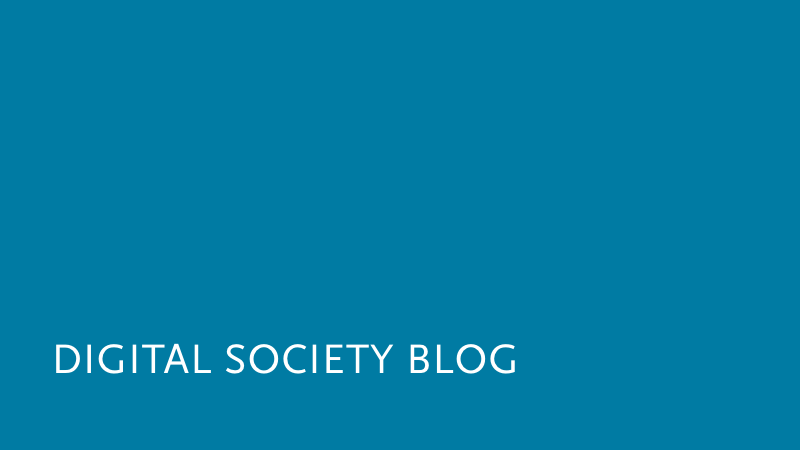
Fundamental rights in the digital age
The Internet is a space where social relationships are cultivated, business is conducted, new knowledge is created, and all kinds of networks are built. But do fundamental rights exist in this growing digital habitat? Should there be a right to internet access or anonymity on the world wide web or even for digital disobedience?
Most read blog post 2015: Why we need anonymity. The Tor Network under general suspicion.
This blog post was the most read in 2016 and was originally published on 5 August 2016. The Tor Network is one of the most relevant solutions to enter the…
The power of platforms
Platforms like Facebook, Twitter or Instagram structure public discussion and news perception. As their user numbers grow steadily their influence grows mutually. José van Dijck, professor at the department of…
Digital Copyright & Free Speech: Technical protection measures according to US law on trial
The Electronic Frontier Foundation, a civil liberties group, is suing the US govnerment over the DMCA's anti-circumvention rules. This post explains why this law prohibiting the circumvention of technical protection...
Data protection for the digital age: Interview with Jan Philipp Albrecht
On 14 April 2016, the plenary session of the European Parliament completed the legislative process for the General Data Protection Regulation. As rapporteur of the European Parliament, Jan Philipp Albrecht…
If the boss controls the browser history – take care of your data!
On 12th February 2016 the higher labour court Berlin-Brandenburg issued a press release about a decision concerning the inspection of an employee’s browser history by his employer to check if his computers…
A “Charter of Fundamental Rights for the Digital Age” and why we need it
“I surf, so I am.” – According to the Internet Milieu Study by the German Institute for Trust and Security on the Internet, this is the new credo of the…
Three Ways to Understanding Civil Disobedience in a Digitized World
This article is a shortened version of the introduction Theresa Züger gave at the international and interdisciplinary workshop Civil Disobedience Beyond the State II: The Digitalization of Disobedience from Whistleblowing to Anonymous that…
The “Right to be Forgotten” – recent developments and German case law
A year ago, the European Court of Justice ruled that people may request removal from search engines to exercise their so called “Right to be Forgotten”. However, the ruling did…
The principle of ‘Datensparsamkeit’
The concept of ‘Datensparsamkeit” is codified in German data protection law and proposed for European law. It’s a term difficult to find a proper translation for. It could be translated…
Disobey 2.0 – civil disobedience in a digitized world
Until today the case of Aaron Swartz leaves the ones who knew him – and many others who admire him – in despair. He was threatened with 35 years of…
